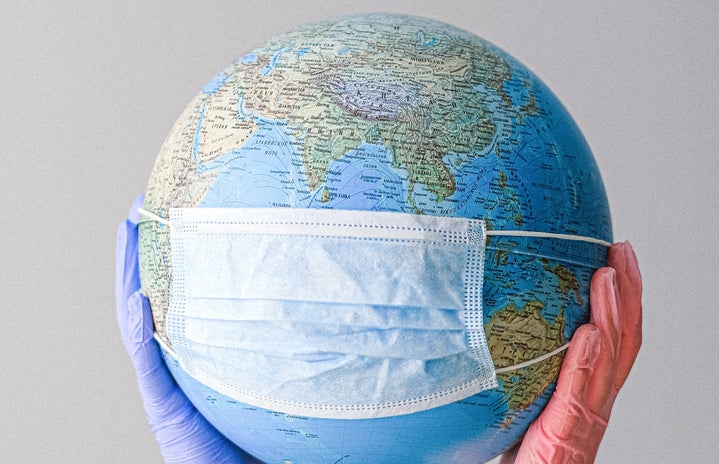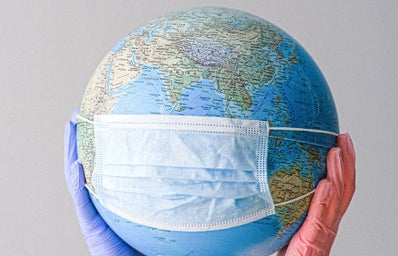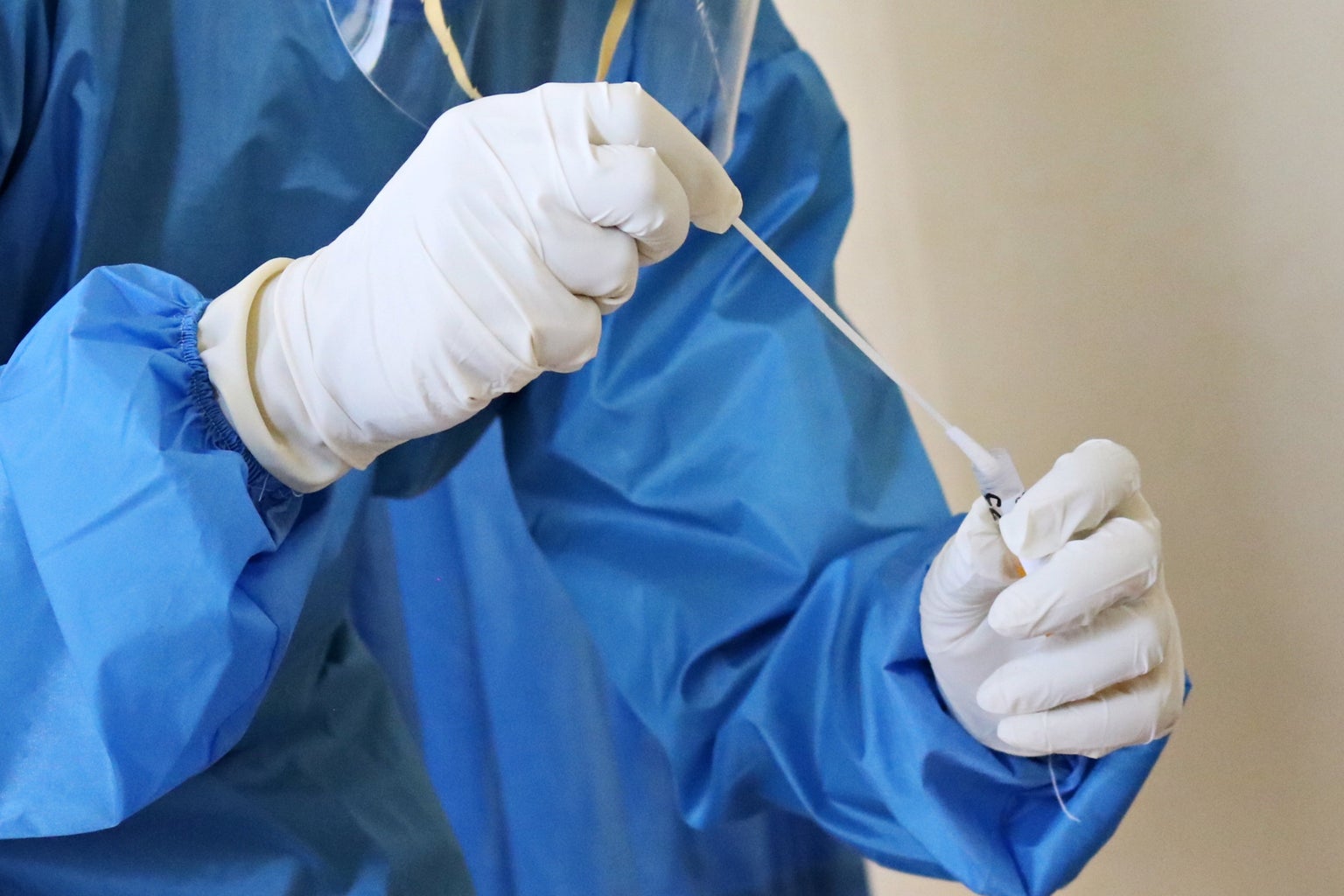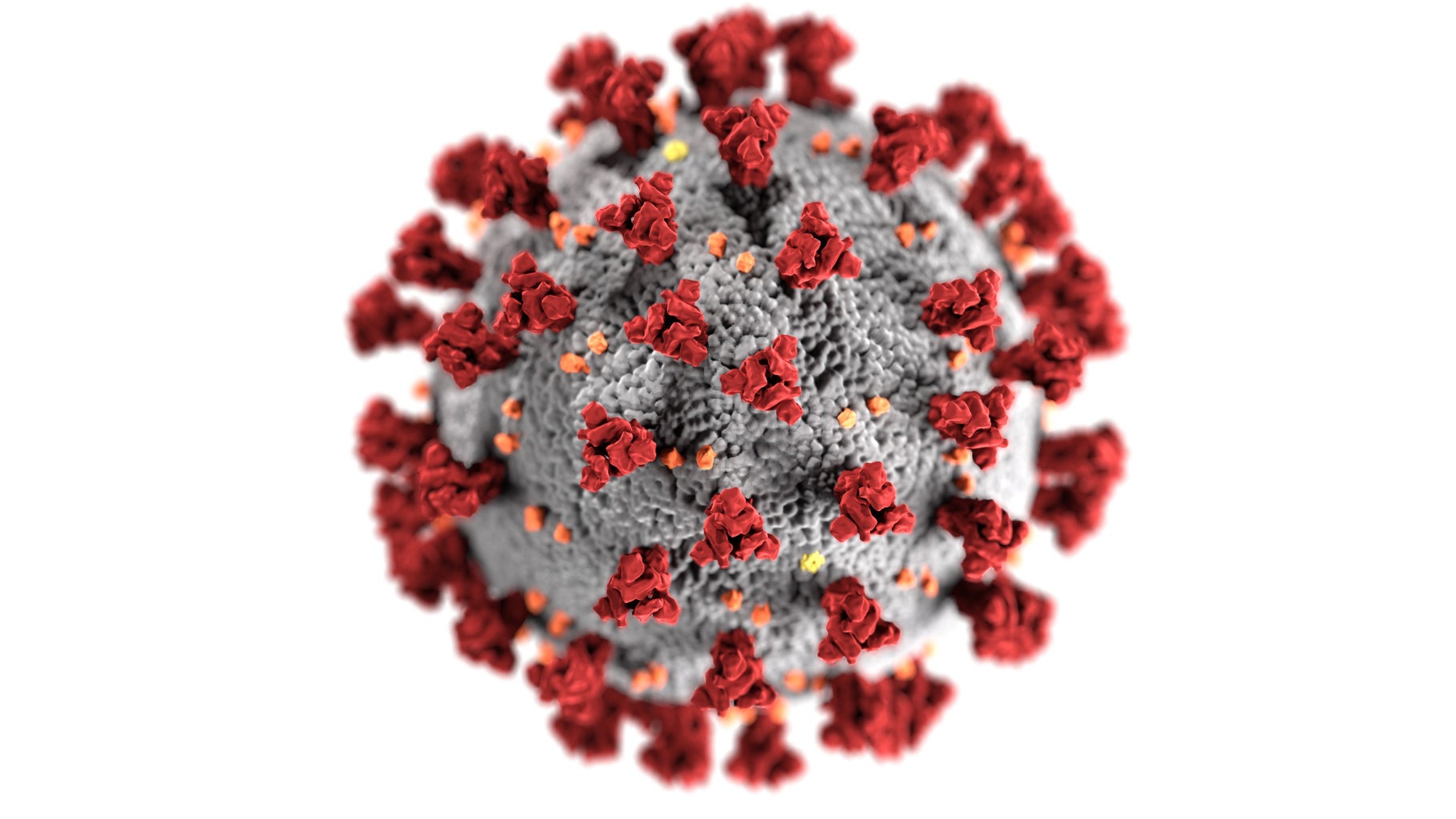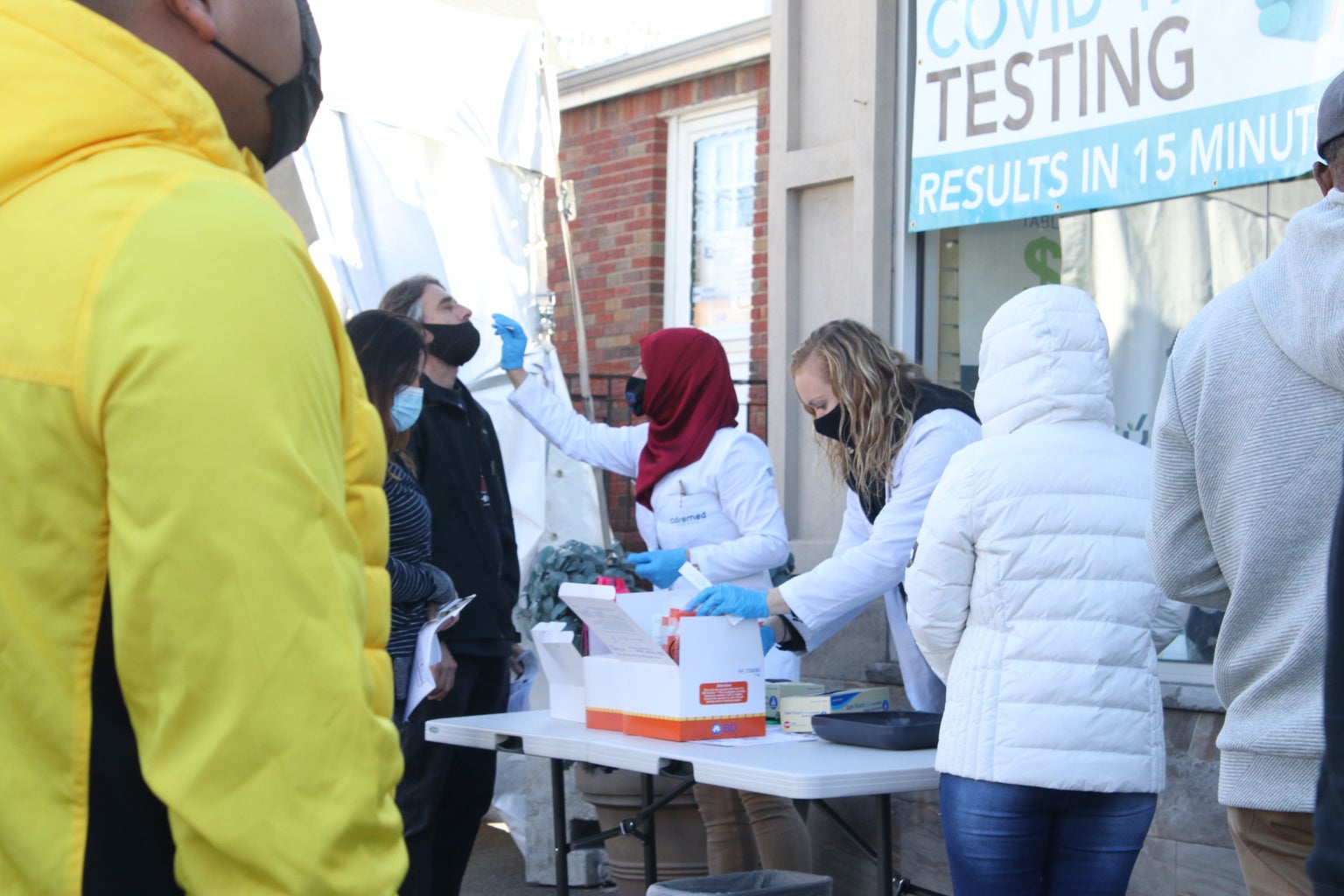Zoe Smith’s (she/they) typical Tuesday quickly turned into one of their bigger fears come true: she was directly exposed to COVID-19.
Smith is a sophomore at American University and lives on-campus at Constitution Hall.
For many people, exposure to coronavirus is something that they just have to deal with. It is an inconvenience, at most. For people like Smith, an exposure can make them fear for their health, safety and well-being.
Smith has several autoimmune disorders, including lung health concerns, and she and her doctors believe that contracting COVID-19 could be severely detrimental to her health.
Luckily, when her roommate tested positive, Smith had not seen her since before she started experiencing symptoms. Smith found somewhere else to stay while their roommate waited to be picked up and taken to AU’s isolation hotel, in hopes that they had not contracted the virus while her roommate was asymptomatic.
Her roommate was taken to isolation about 12 hours after she received a positive result from university testing, leaving Smith stranded.
“I had to have my roommate leave my medications outside my room because I could not enter,” said Smith.
Smith had not been in her room for days while her roommate was sick, and she did not want to disinfect the room right away. The CDC indicates that people should wait as long as possible (over 24 hours) before disinfecting an area that has been occupied by a COVID-positive person.
“Last semester, there was a mix-up and they thought someone had COVID in my room, but they actually had the wrong room number,” said Smith. “This being said, I saw three men in hazmat suits disinfecting my room, so I knew the school provided disinfections in the past.”
She was told by her Resident Assistant (RA) that the university no longer provides a disinfectant team, but was provided contacts to help with her situation.
One university representative she spoke to told them that, “We operate under the assumption that you have already been exposed,” and essentially made it clear that there was nothing they could do. Smith was given some hope by other contacts, who told her to call again the next morning to see if they could arrange something for her.
According to Smith, they received numerous dismissive and condescending comments from Community Director Angie Natoli, including to stop trying to contact the higher-ups and that she was an adult and could clean up her own space regardless of her immunocompromised status.
“Regardless of policy, students should never be spoken to the way Angie spoke to me. Not only did she completely invalidate my feelings and situation, she was reluctant to provide any help,” said Smith. She was later contacted by Natoli’s supervisor, who apologized for her behavior.
Smith was told repeatedly to “figure it out herself.” While she encountered a few helpful employees, like her RA and desk receptionist, Smith was disregarded.
“Where is the increase in tuition funds going? Why were they able to fund services to clean rooms last semester prior to the tuition increase but are unable to now? Every person I spoke to informed me of different rules they were following,” said Smith, expressing their frustration and anger over the lack of clarity and existence of resources.
“It is ridiculous and saddening that our immunocompromised students are treated like this, especially in regards to a pandemic that directly adversely affects these communities,” continued Smith.
Disregard for immunocompromised students has been an issue throughout the pandemic. The university’s Disabled Students Union advocated for surveillance testing and the reinstatement of the mask mandate, which the university only followed through with after reinstatements at other nearby universities.
These efforts received little response from the university. Random sample surveillance testing was implemented but not enforced.
Several organizations have also advocated for hybrid class options for immunocompromised students after the mask mandate was removed, which were met with no response.
“It’s ridiculous that our COVID protocols have been flip flopping, which as we saw has drastically increased cases and adversely affected our immunocompromised communities,” said Smith.
American University protocols have been criticized as too strict in the past, however many students agree with Smith’s claim that “the university puts on a performative front that they care about the pandemic and those adversely affected by it. But truthfully, this is an act.”
